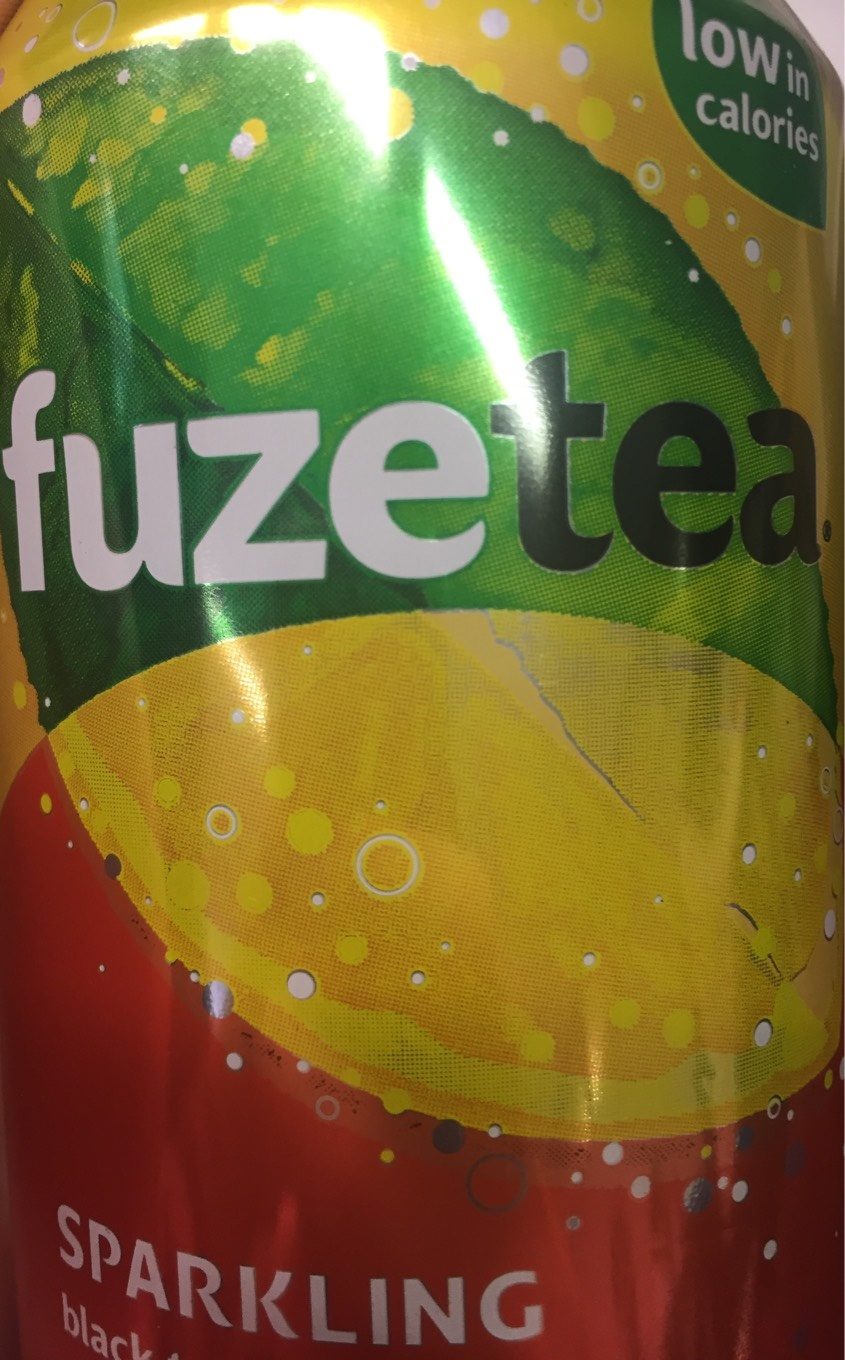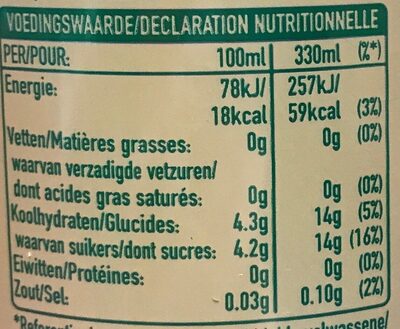Fuzetea sparkling lemon black tea - FUZE TEA
This product page is not complete. You can help to complete it by editing it and adding more data from the photos we have, or by taking more photos using the app for Android or iPhone/iPad. Thank you!
×
Barcode: 5449000238375 (EAN / EAN-13)
Brands: FUZE TEA
Categories: Beverages, Artificially sweetened beverages, Sweetened beverages
Matching with your preferences
Environment
Packaging
Transportation
Report a problem
Data sources
Product added on by kiliweb
Last edit of product page on by inf.
Product page also edited by aleene, openfoodfacts-contributors, quechoisir, scanbot, yuka.RjZVSkZMd1ovZndCdy9FeDh4ZnpwOEprdzcrbGJWanBLTU16SUE9PQ, yuka.V3ZrTERma2VnS2Nva1BFaDNqYkoxTUJKbjZHWEF6cTBNdk5NSVE9PQ.
If the data is incomplete or incorrect, you can complete or correct it by editing this page.










